Admission to the college is based on the NEET exam and a counselling process. Eligible candidates must have passed NEET and secured at least 60% in their 12th standard, with mandatory subjects including Physics, Chemistry, English, Biology, and an additional subject like Mathematics, Computer Science, or Physical Education. The course is affiliated with ABVU and includes exams twice a year. Fees are structured to be manageable for middle-class families, payable in two installments annually, with significant penalties for late payments starting at 20,000 INR.
The course fees are approximately Rs 97,500 annually for four years. Hostel fees are Rs 100,000 annually, with total expenses over five years around Rs 1,300,000. The college does not offer direct scholarships, but education loans with favorable terms are available. Some students obtain state scholarships, though the college deducts Rs 10,000 if funds are released. A non-paid 1.5-year internship is part of the program, where students gain exposure to various cases and assist in major operations across eight departments like prosthodontics, endodontics, and periodontics.
There is no dedicated placement cell for BDS graduates, but students are encouraged to pursue self-employment and entrepreneurship. Opportunities for patient exposure are provided through free dental camps and outpatient services, although patient flow is average post-COVID-19. Additionally, UP students can access a UP scholarship of around Rs 50,000, and annual exam fees are about Rs 20,000. Despite low college fees, purchasing necessary equipment can be costly.

![Maharana Pratap Group of Institutions - [MPGI]](https://image-static.collegedunia.com/public/college_data/images/logos/16031116241509081803mpgi.png?h=71.7&w=71.7&mode=stretch)

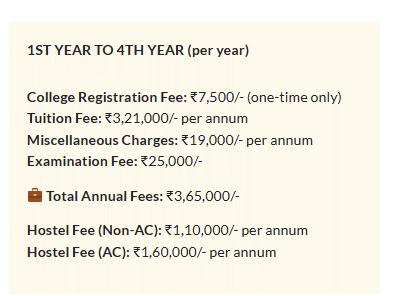

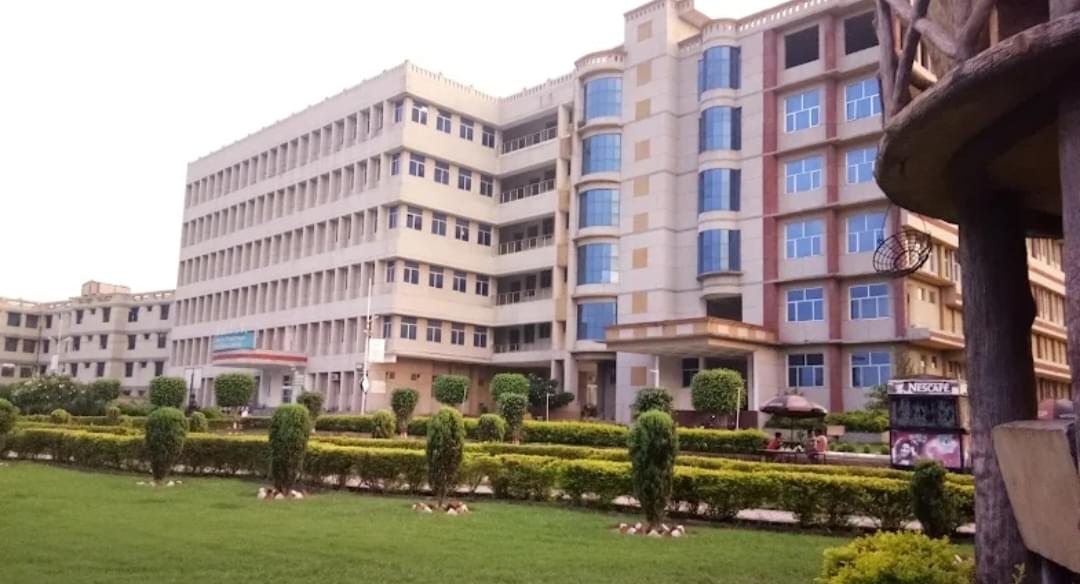
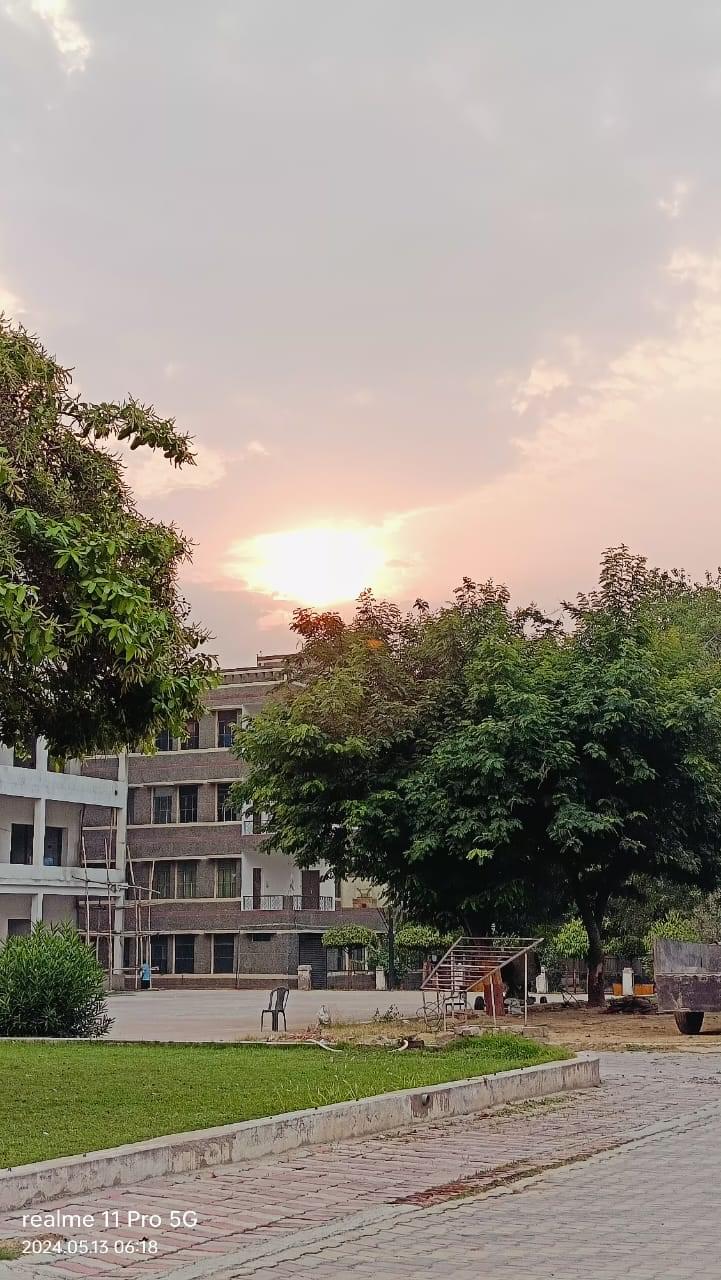
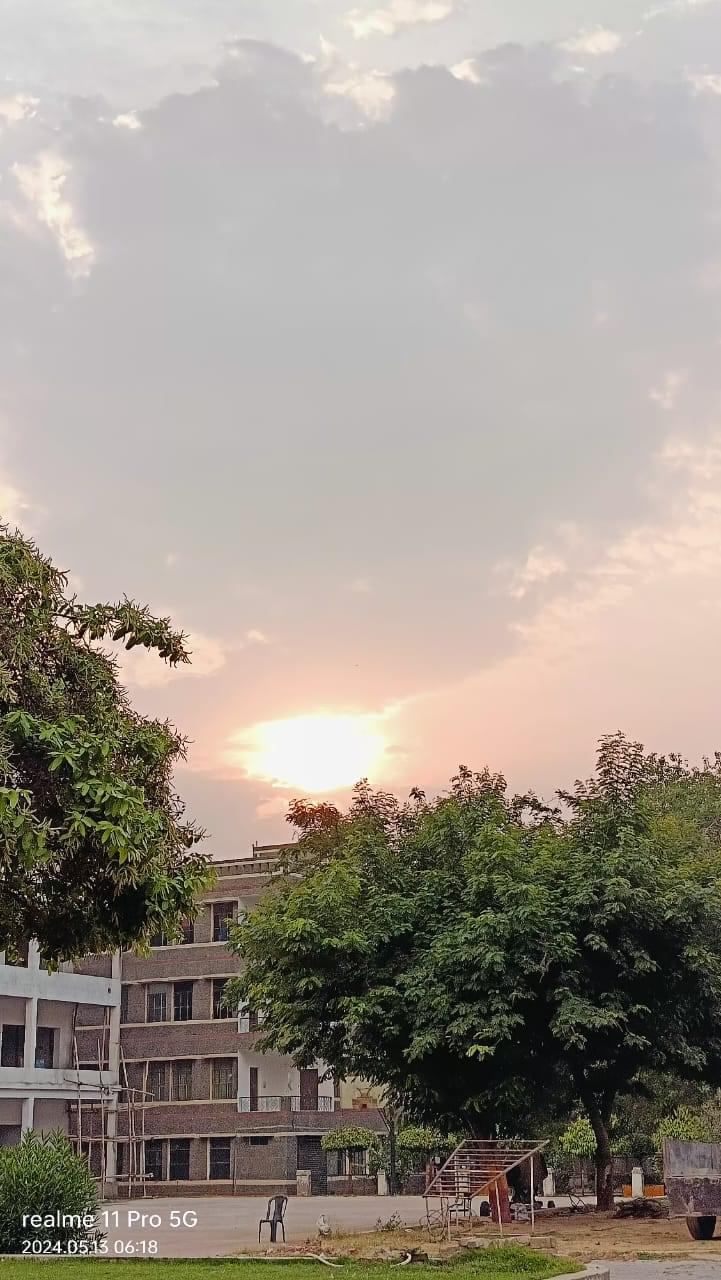

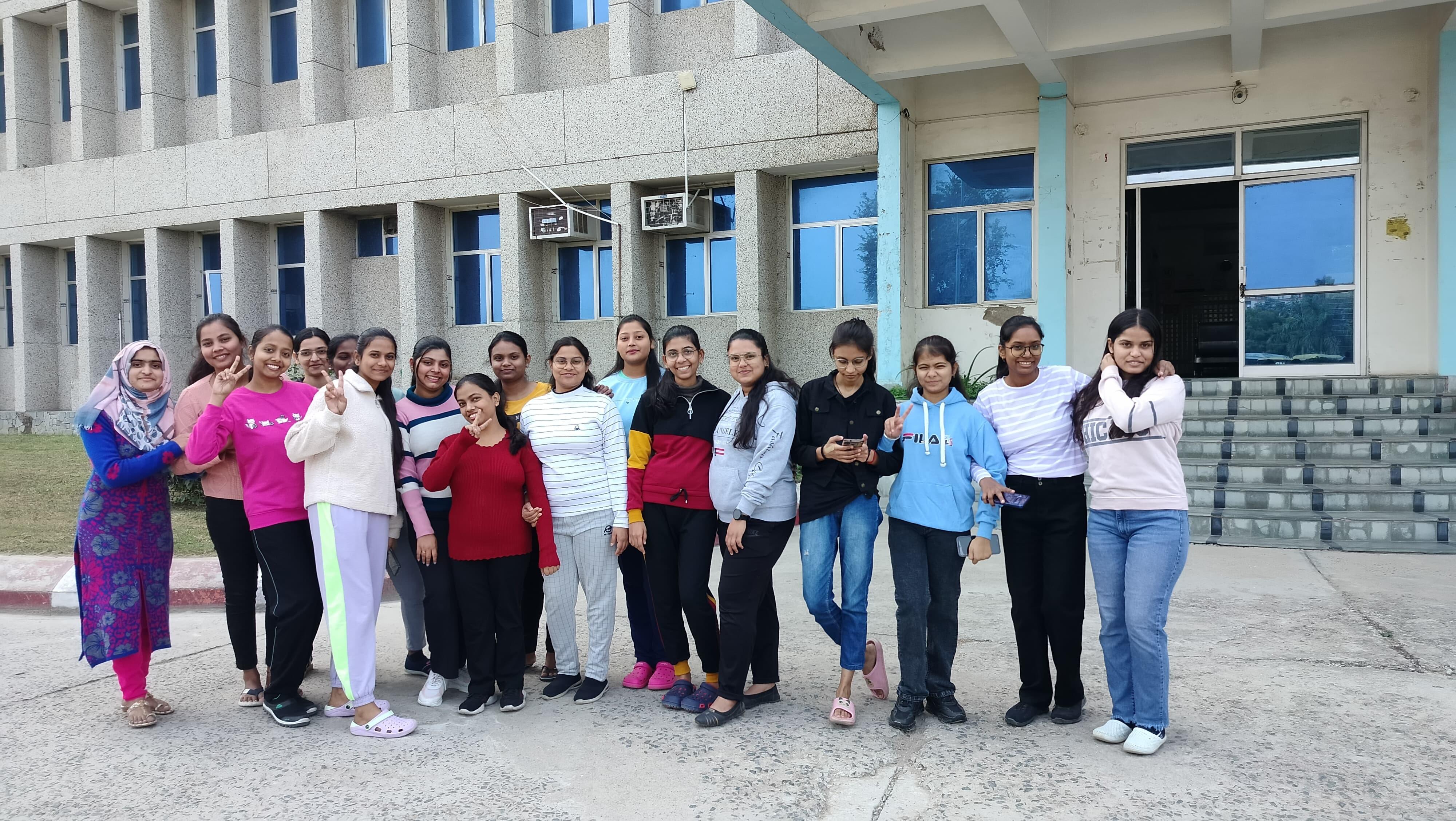
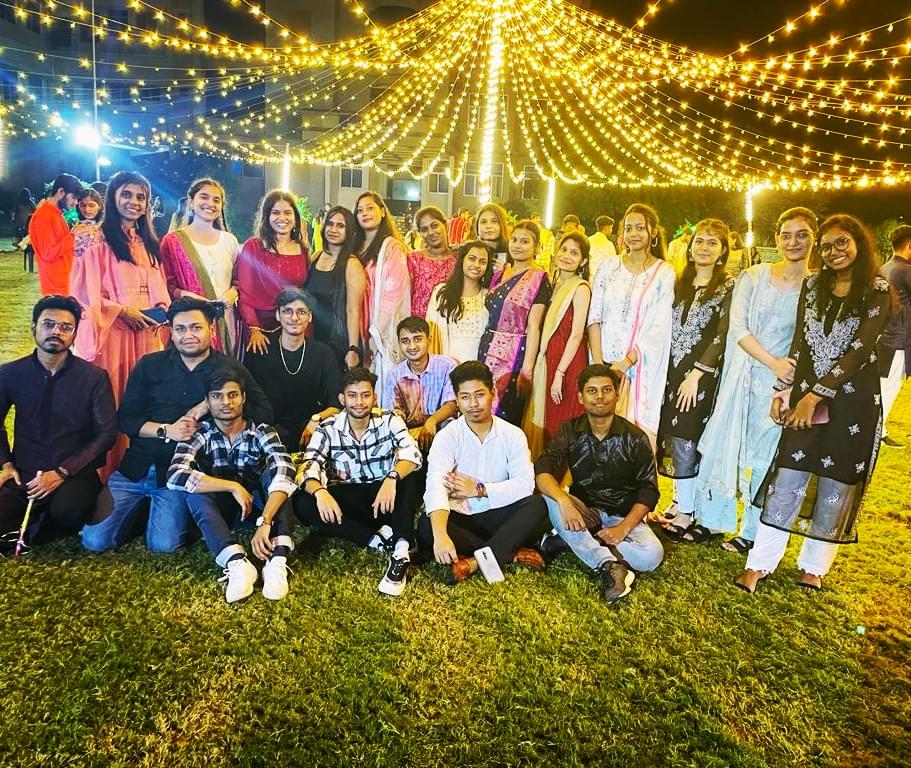
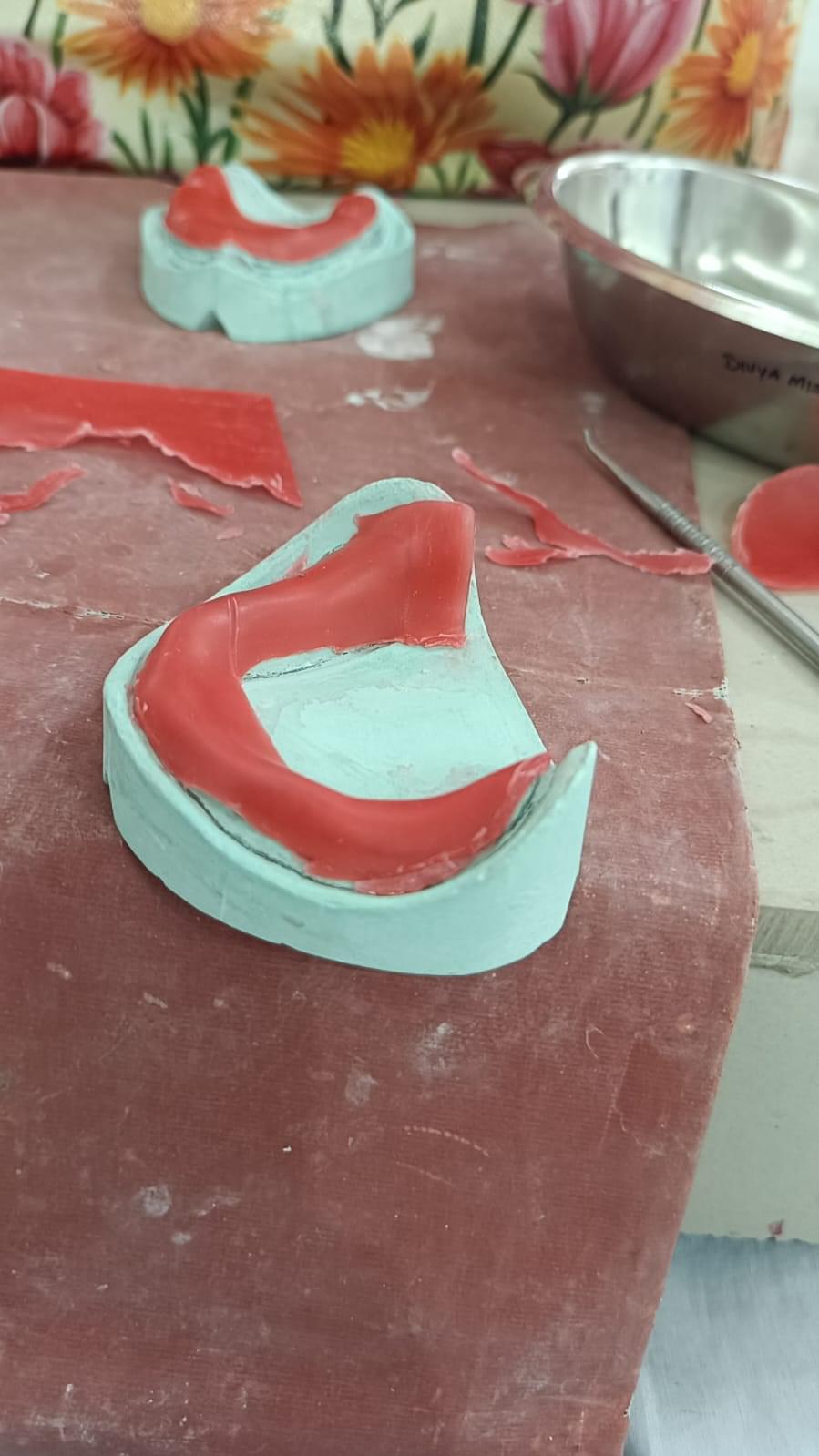

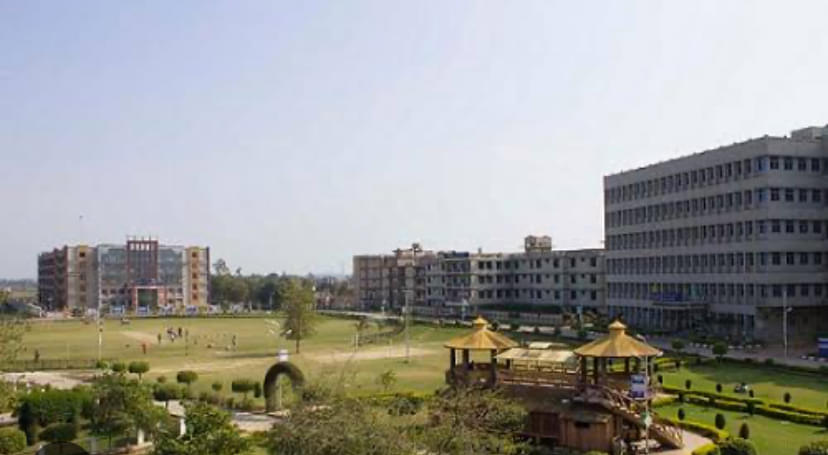
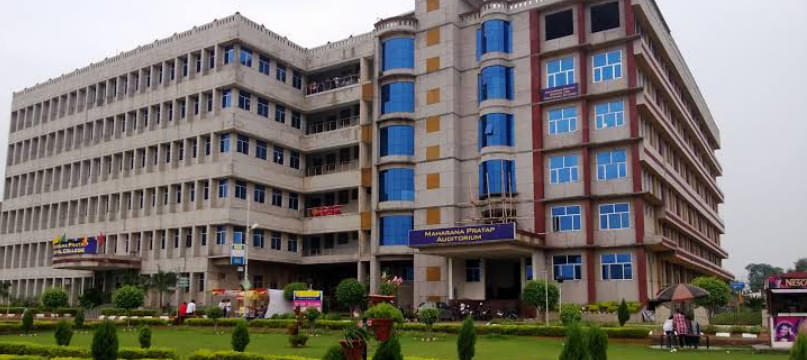









.png?h=78&w=78&mode=stretch)



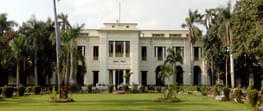



















.png?h=72&w=72&mode=stretch)

















Comments